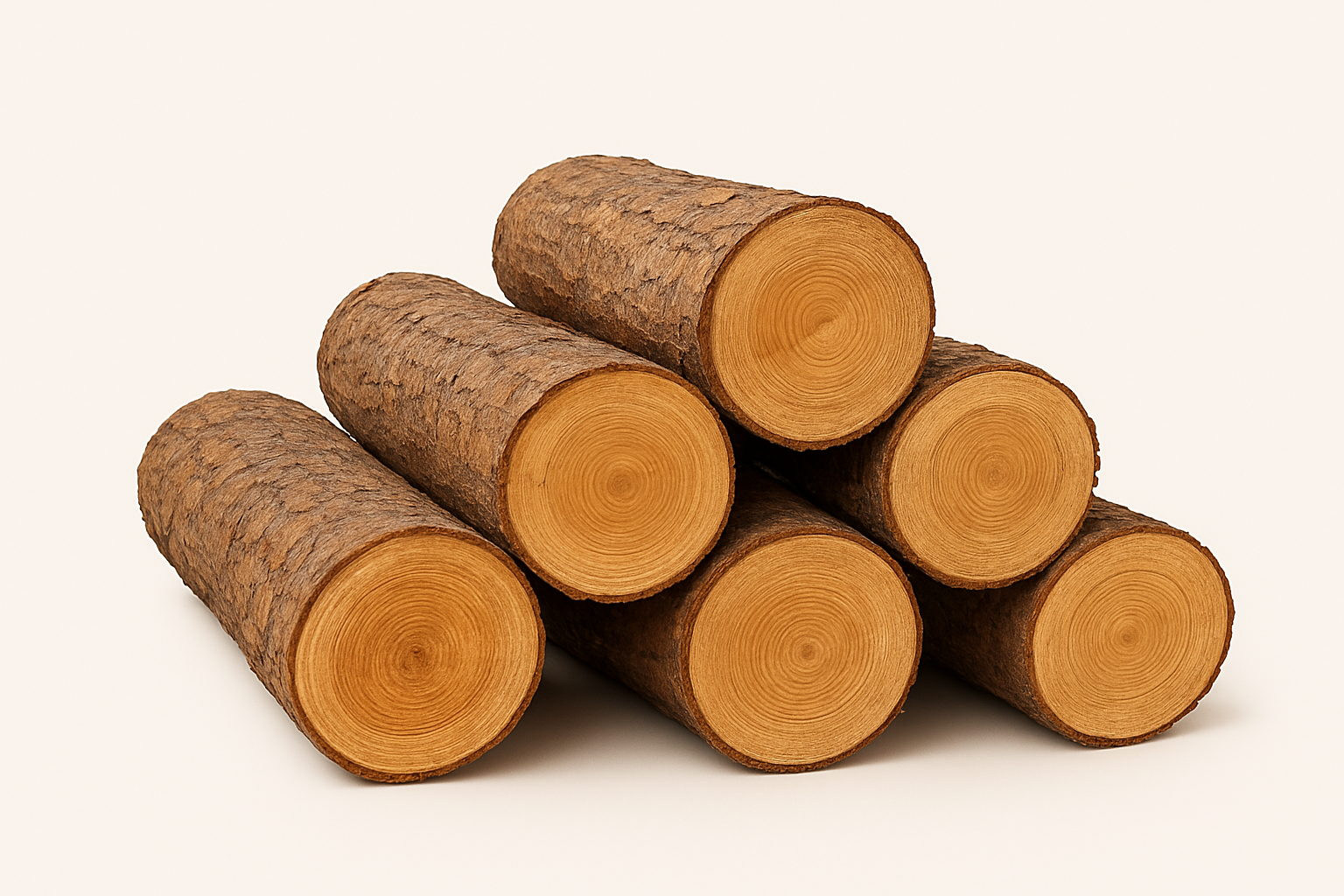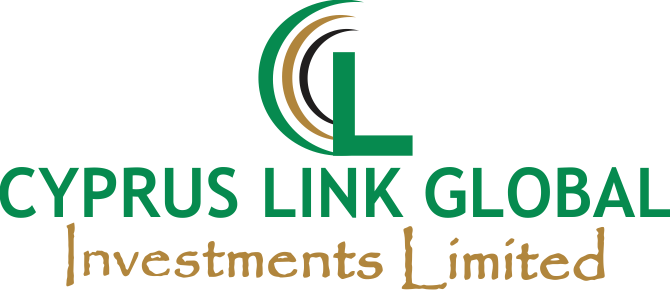Blog
Hardwood Timber Export from West Africa: Quality Standards and Sourcing Tips

Introduction
Across the world, the demand for African hardwood timber is growing rapidly. From luxury furniture makers in Europe to construction companies in Asia and North America, buyers are drawn to the strength, beauty and versatility of species that thrive in West Africa. Yet buying timber internationally is about much more than price. You must evaluate quality standards, legal compliance, and sustainability practices to ensure your purchase delivers long-term value.
This article explains the key things international buyers should know before sourcing hardwood timber from Nigeria and other West African countries. You’ll learn how to identify quality wood, which documentation to request, and how CyprusLinkGlobal simplifies the export process for you.
1. Why West African Hardwood Is in High Demand
West Africa’s tropical forests produce some of the most desirable hardwoods in the world. These species have grown naturally over decades in nutrient-rich soils, giving them the density, colour and grain patterns that high-end buyers look for.
- Durability and Density: Iroko, mahogany, afzelia, and teak have natural oils and tight fibres that resist decay and insect attack. This makes them ideal for exterior uses like decking, marine construction and door frames.
- Aesthetic Appeal: The rich reddish-brown of mahogany, the golden hue of iroko and the interlocking grains of afzelia provide designers and manufacturers with a premium look that’s difficult to replicate.
- Versatility: These timbers are used in everything from luxury yacht interiors and kitchen cabinets to heavy beams, flooring, and staircases.
- Global Recognition: West African hardwoods are already accepted by international markets. Many buyers know the species and their performance, which can shorten the approval process for your projects.
Because of this demand, sourcing directly from a reliable exporter is critical. It ensures you’re getting true West African species rather than substitutes of lower value.
2. Quality Standards to Check Before Buying
While species is important, the way timber is processed and graded also determines its final quality. Here are four essential standards to review:
- Moisture Content: Export-grade timber is usually kiln-dried or air-dried to a moisture content of 12–15%. This stabilises the wood, minimising shrinkage, warping and splitting during shipping and installation. Always ask your supplier for the drying method and moisture test reports.
- Grading: International buyers should request clarity on grading. Systems like FAS (First and Second) or Prime indicate how many clear faces and defects are allowed. Consistent grading means fewer surprises when your shipment arrives.
- Dimensions and Consistency: Even small variations in thickness or width can cause extra waste during manufacturing. Specify your preferred lengths, widths and thicknesses clearly and request a pre-shipment inspection if possible.
- Clean Cutting & Surfacing: Proper trimming, planing and end-sealing protect the wood during transit and make downstream processing easier. Boards with rough edges or untrimmed ends often require more work at your factory.
Checking these standards before you buy not only protects your investment but also reduces production delays and hidden costs.
3. Documentation and Compliance
Timber exports involve more paperwork than many buyers expect. Having complete, accurate documentation helps you clear customs smoothly and demonstrates that your wood was legally harvested. At a minimum, request the following:
- Phytosanitary Certificate: Confirms the shipment is pest-free and meets plant health requirements of the importing country.
- Fumigation or Treatment Certificate: Some destinations require proof of chemical or heat treatment to prevent invasive species.
- Export Permit & Bill of Lading: These show that the wood was harvested and shipped legally. They also include details of quantity, species and port of loading.
- Certificates of Origin or Sustainability: If you’re importing to markets with strict regulations (EU Timber Regulation, US Lacey Act), having proof of sustainable or legal origin is essential.
Working with a supplier who handles these documents for you reduces the chance of costly delays at the port and protects your brand reputation in environmentally conscious markets.
4. Sustainable Sourcing Matters
Unsustainable logging threatens biodiversity, erodes local communities’ livelihoods and can lead to strict import bans. More retailers and consumers are demanding proof of ethical sourcing, so sustainability is no longer optional.
CyprusLinkGlobal partners only with vetted, certified suppliers who practice:
- Controlled Harvesting: Trees are selected and felled according to forestry plans, not indiscriminate cutting.
- Reforestation: Seedlings are planted to replace harvested trees, ensuring a continuous supply for future generations.
- Local Community Benefits: Jobs and revenue stay in the region, supporting social development.
For buyers, this approach delivers peace of mind. You know your timber meets environmental standards and will be accepted in eco-sensitive markets, while you’re also supporting responsible forest management in West Africa.
5. How CyprusLinkGlobal Simplifies Hardwood Exports
Navigating international timber trade on your own can be overwhelming. That’s where a specialist exporter like CyprusLinkGlobal adds value. We provide:
- Reliable Sourcing: We’ve built direct relationships with forest owners and mills across Nigeria and neighbouring countries.
- Quality Assurance: Our team performs on-site inspections, moisture testing, grading verification and photo documentation before shipment.
- Efficient Logistics: We arrange export packaging, container loading, fumigation (if required) and shipping so your order arrives on time.
- Transparent Communication: We prepare and share all documentation before departure, giving you full visibility and reducing customs delays.
- Custom Orders: Whether you need rough sawn boards, cut-to-size planks, or mixed species shipments, we can adapt to your specifications.
This integrated approach saves you time, reduces risk and ensures you receive the right wood at the right quality every time.
6. Sourcing Tips for First-Time Buyers
If you’re new to importing African hardwood timber, keep these practical tips in mind:
- Request Samples or Photos: Seeing actual boards or detailed images before shipping helps confirm grade and color.
- Start with a Trial Shipment: Ordering a smaller volume first can build confidence and allow you to test supplier reliability.
- Clarify Incoterms: Decide who handles freight, insurance and customs clearance to avoid hidden costs.
- Plan Lead Times: Timber export involves harvesting, drying, documentation and shipping. Work with your supplier to set realistic timelines.
- Verify Supplier Credentials: Check for registration numbers, export licenses and client references to ensure you’re dealing with a legitimate exporter.
Conclusion
Buying hardwood timber from West Africa doesn’t have to be complicated or risky. By understanding species demand, checking quality standards, requesting the right documentation and prioritizing sustainable sourcing, you can secure premium timber that meets your needs.
CyprusLinkGlobal combines local expertise, rigorous quality control and efficient logistics to make your procurement process seamless. Whether you’re a furniture manufacturer, construction company or timber distributor, we deliver export-ready wood that supports your business and the environment.
